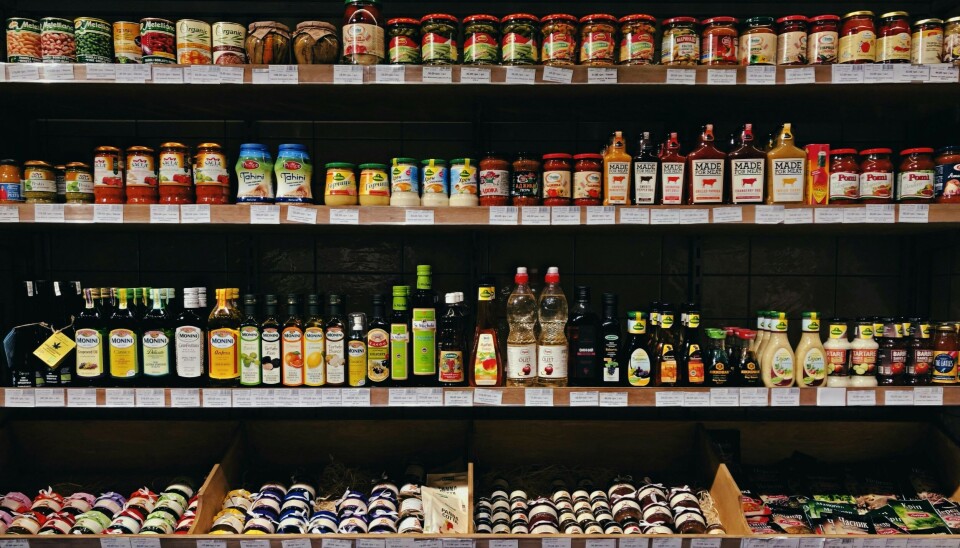The integration of innovative technologies has seen companies in the FMCG industry witness a huge increase in sales and has enabled them to better serve the needs of consumers in Africa. However, this development has brought with it a number of underlying challenges such as infringements of intellectual property- and consumer rights, data security breaches and a host of others which the existing laws in various African countries can not effectively address.
While there are currently no unified trade and commerce laws in Africa that specifically address FMCGs, Kereseakara Usendu, Managing Partner of Kere-Usendu & Co in Nigeria, believes it is possible to effectively regulate the industry if the interests of the stakeholders are directed towards that goal.
“This can begin by countries making trade laws that allow for free trade and commerce,” he said. “Such trade laws must make the reduction of trade tariffs paramount, as high taxes have been a great concern for the growth of FMCG in African countries. Nevertheless, governments should also be cautious in tariff reduction to prevent market saturation issues such as monopolisation by big FMCG players over the small local firms.”
Kereseakara also believes that signing trade agreements within the region, and with ECOWAS and its counterparts in the eastern and southern Africa regions, can lead to regulations that promote unification of trade in their regions as well as inter-regional trade and commerce in FMCG.
Alexandra Sobowale, a Nigerian lawyer, commented that direct laws and full implementation of the African Continental Free Trade Area (AfCFTA) Agreement will be of significant aid to FMCG in Africa.
“Fast moving consumer goods are easily manufactured, purchased and transported, and hence are always in high demand. While there seems to be a huge development in FMCG in Africa, the spike in data privacy infringements and (infringements of) consumer rights is impeding the fast growth of the industry,” she said. “African nations are encouraged to implement direct laws to address the use of e-commerce in FMCG transactions, protection of consumer rights online, protection of intellectual property, and data security with a specific focus on FMCG and FMCG companies.”
Alexandra also believes that if the AfCFTA Agreement is fully implemented it will help harmonise regulations, ease the intercontinental trade of FMCG companies by reducing distribution and operational costs, and will streamline supply chains.
She also commented that if the variable geometry which created uncertainty by virtue of Article 5 of the AfCFTA were addressed, it would promote FMCG in Africa.
“FMCG companies should involve legal practitioners in structuring cross-border transactions and aligning their business models with the framework created by the AfCFTA towards effective provision for local consumer preferences,” she said. “Doing this would curb the uncertainty created by the flexibility and autonomy granted to member states on the implementation of AfCFTA by the Agreement, thus fostering the ability of FCMG companies to meet each market’s specific needs, and develop strategies towards market expansion, market presence and sustainability.”

